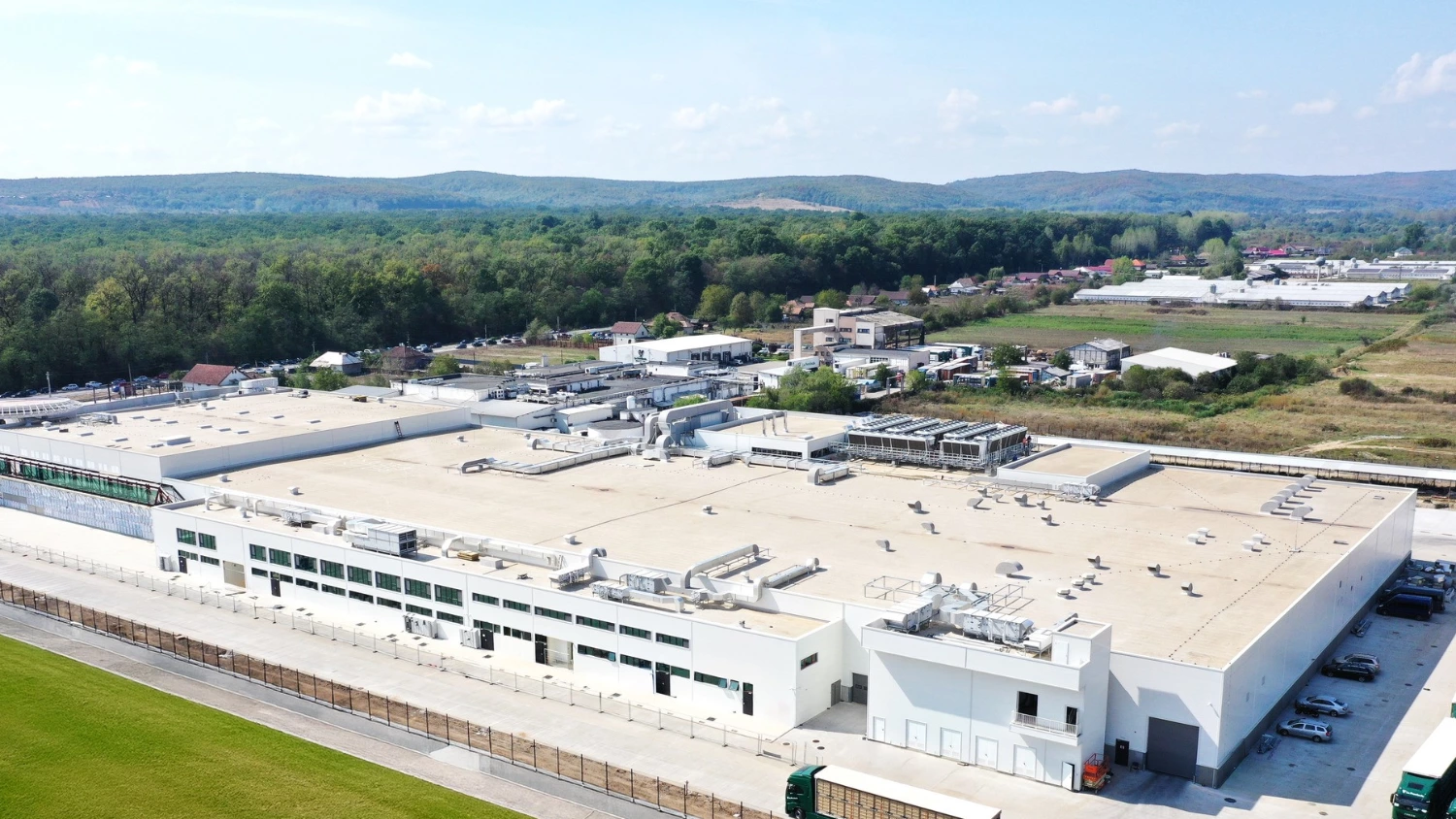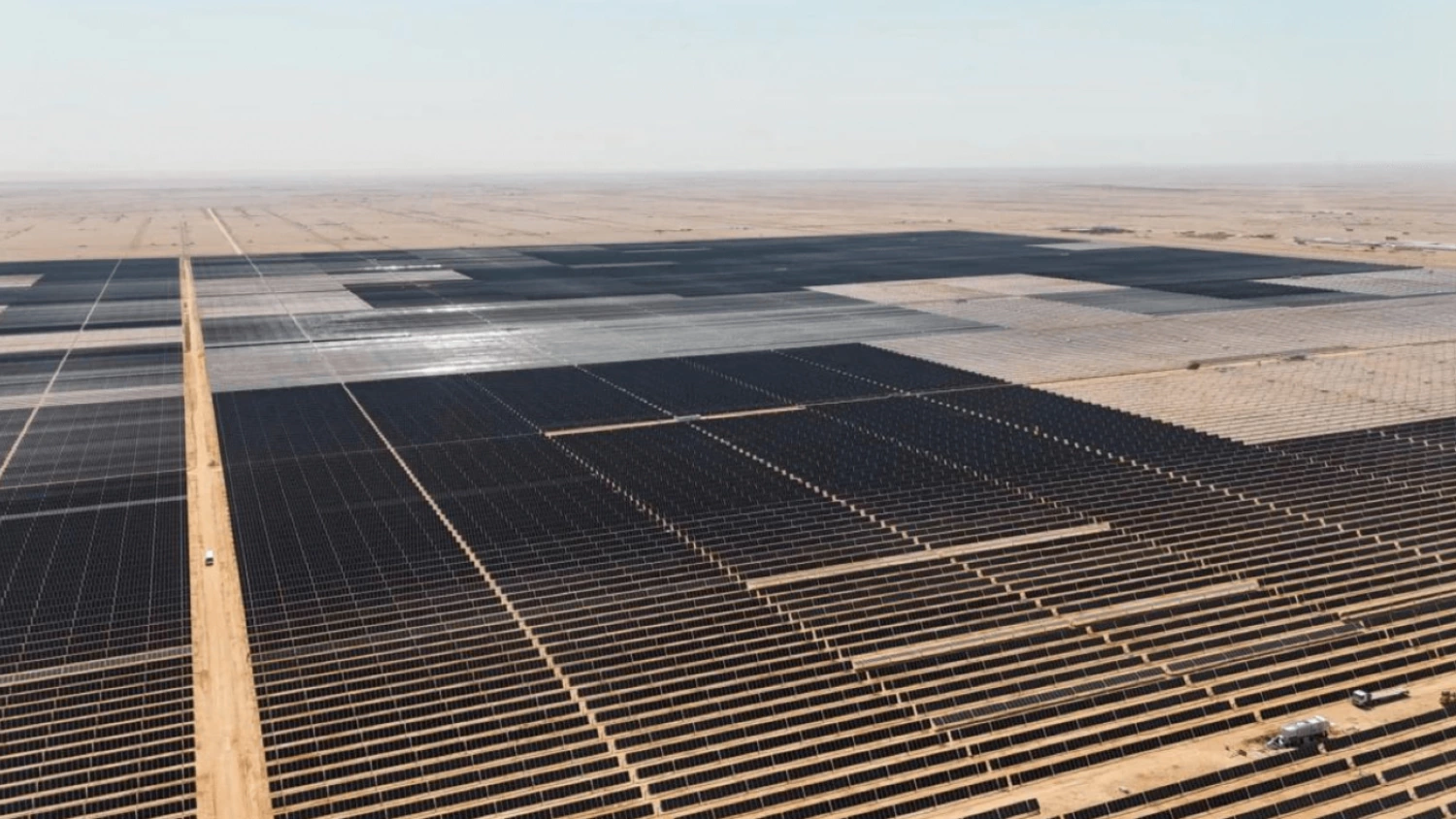Energy storage, including battery energy storage systems (BESS), can play a vital role in overcoming the network gridlock challenge, which has now reached acute proportions in many mature markets. This edition of RECAI takes a close look at BESS, exploring how it can offer lucrative opportunities for sophisticated investors.
Mihai Drăghici, Partner, Consulting, EY Romania: ”Romania climbed three places in EY's global ranking to 36th place, thanks to announced funding programs and legislation on offshore wind energy. There is significant potential for further growth by obtaining European certification of guarantees of origin and facilitating energy storage in batteries, which could contribute to an even better ranking in future editions of the report.”
New EY battery storage ranking reveals top markets for investment
As renewables proliferate and electrification grows, BESS will play a key role in a dynamic energy system by smoothing supply and demand peaks and helping defer the cost of grid expansion and upgrades. The US, bolstered by a 30% tax credit under the Inflation Reduction Act, takes the top spot in the new EY ranking of the world's most attractive markets for BESS investment.
China with strong government support, subsidies and plans to reduce BESS costs by 30% by 2025, is a close second. And the UK, with its sophisticated energy market design and a new energy bill that classifies BESS as a generation asset, rounds out the top three. A fourfold increase in global BESS deployment is forecast from 2023 to 2030, reaching 572 GW/1,848 GWh.
Top positions in the RECAI index are retained by mature markets
In this edition of RECAI, the top spots are retained by the US (1st position), China (2nd position) and Germany (3rd position) where investors are attracted to both clear demand for renewables and established value for projects. Grid constraints in Spain (12th position) have seen the market drop out of the top 10 with Canada (9th position) and Japan (10th position) moving in, off the back of clear intent to maximize the potential of offshore wind.
Big movers in the Index include Belgium, which has moved up four spots to 17th, as it plans to triple its offshore wind capacity by 2040. Argentina, which is now in 26th, up three spots due to the new government's commitment to re-energize the economy. Changes to solar feed-in tariffs have seen Vietnam (39th position) fall six places.
Smaller economies create attractive alternatives for potential investors
In the normalized index, Denmark holds on to the top spot. Greece (+1), Chile (+2), and Finland (+3) climb up the ranking of smaller economies to 2nd, 3rd, and 7th positions respectively, driven by ambitious energy transition plans and attractive government incentives.
Greece has doubled its renewable energy capacity in the last four years, Chile's renewables sector is set to double in the next decade, and Finland has set ambitious targets of becoming Europe's first carbon negative economy, creating new opportunities for potential investors.










